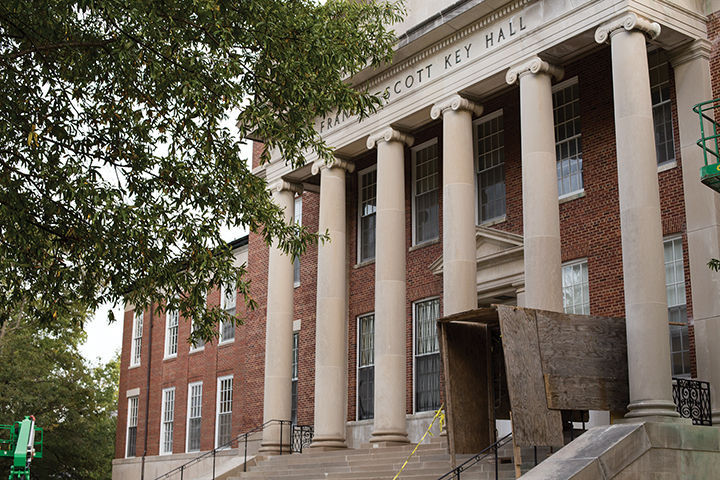A new semester comes with new opportunities to improve one’s GPA, but when conventional methods fail, students can always try to garner those few extra points through grade negotiations.
Chronicle Vitae published a collection of sample emails written by professors from across the country telling imaginary students off for requesting certain grades be re-evaluated. These professors’ vicious remarks are fully justifiable considering the desperate pleas and pitiful reasons these hypothetical students seemed to have provided. Most prevalent among them is the “I worked hard” argument made by students who fail to grasp the important concept that college, indeed, should be about competency and achievement, not just fruitless effort. As professor Jennifer P. Simms from the University of Wisconsin at River Falls said:”I don’t know about you, but I would much rather that papers for Surgery 101: How Not to Kill the People You Cut Open and for Architecture 101: How to Build Bridges That Do Not Collapse and Leave People Plummeting to Their Deaths were graded on students’ demonstration of correct understanding of the concepts, not how much effort they put into writing it.”
As college students, it’s important to understand the harsh reality that what matters, above all, is results. Effort without accomplishment is, in the end, failure, and we should not be content with just the knowledge of having worked hard.
This is not to say that I believe grade negotiations are unacceptable, for I believe grade negotiations serve a vital purpose in ensuring the fairness of this university’s grading system. In classes in which grading is subjective, students deserve to know where points were taken off on every assignment and for what reason. Students have many reasons to question a grade they were given on an assignment or exam, whether because of the illogical deduction of points or the belief that the professor might have misunderstood or overlooked an important argument in a paper. In either case, a student has a right to confront his or her professor about the grade he or she received.
Additionally, when anonymous grading is not used — i.e. a speech for a communication class or any assignment that includes giving a presentation — bias or favoritism toward certain individuals is certainly possible. (Not to question the integrity of this school’s professors.)
However, the abundance of students begging professors for grades they do not deserve overshadows the benefits of grade negotiation by making professors wary and quick to dismiss students who contact them regarding grades. At the end of my first semester here at this university, one of my professors sent a mass email to the class clearly articulating the point that emails about grades would not even get a response unless they were to report inaccuracies about entering them into the system.
In another instance, when I approached one of my professors last semester to ask a quick question about a presentation I gave, the professor’s first instinct was to shun me away, thinking I was trying to talk my work up for better grade. In fact, I was just asking for clarification regarding one of the comments that was made.
Through conversations with my classmates and other students who go to this university, I know that these situations are not unique.
When approaching professors about grades, students should be prepared with valid arguments and sound reasons for why they deserve a better grade on that assignment or exam. But professors also need to be welcoming of such discourse from students. If this can be done, we can maintain the accuracy of the grades given at this university without our professors worrying about being pestered for unreasonable grade bumps.
William An is a freshman finance major. He can be reached at willandbk@gmail.com.



